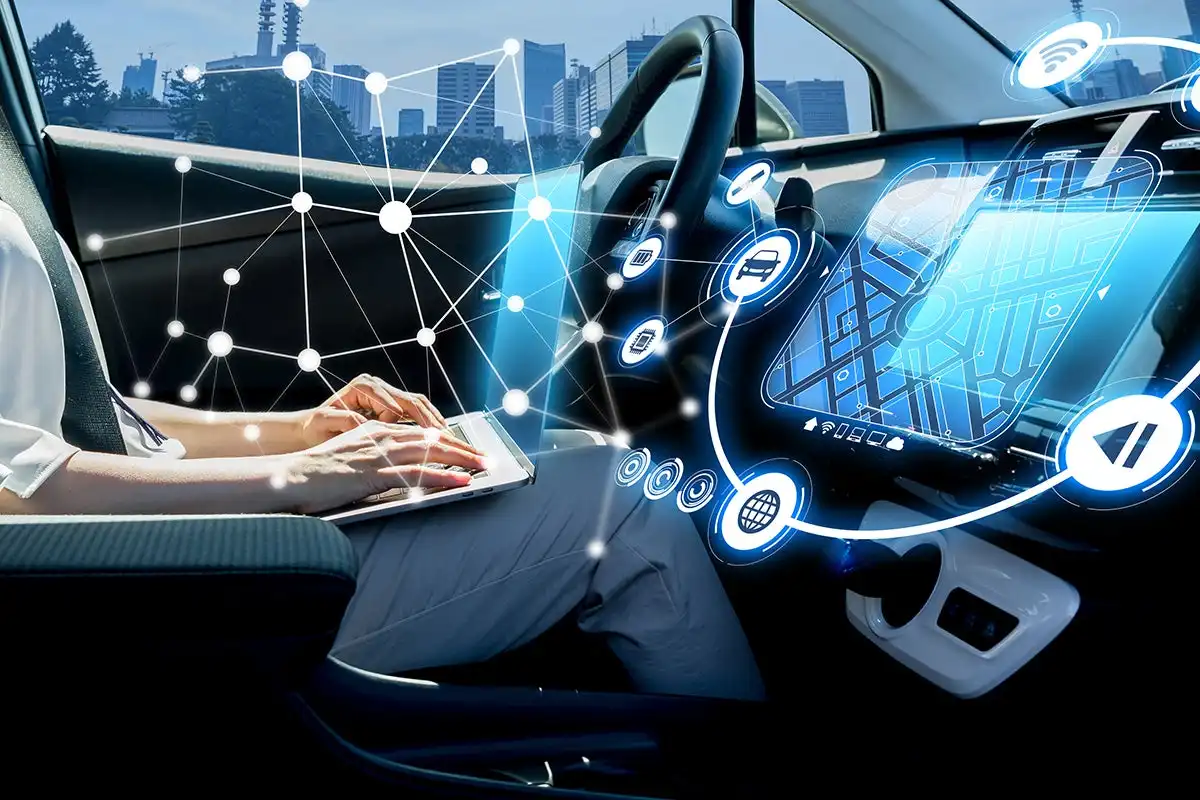
The Impact of Autonomous Vehicles on the Automotive Industry
Autonomous driving is revolutionizing the automotive industry, necessitating unique product architectures, target costing approaches and vehicle business cases for this emerging technology.
Premium incumbents with an established customer base and solid technical track records may choose to gradually implement advanced ADAS features into their vehicles, including sensors, robotics, navigation technologies and AI in general.
How Autonomous Vehicles Will Change the Way We Drive
Autonomous vehicle technology holds great promise to transform how people use cars in multiple ways. At its core lies an expectation that driverless cars will significantly decrease traffic congestion while making road travel more efficient, energy-efficient, and safe – human error being one of the primary contributors to crashes and fatalities, autonomous vehicle technology could significantly lower these figures.
Self-driving vehicles are expected to enable faster parking and improve public transit options, according to Ohio University research. Furthermore, research conducted by Ohio University shows that these AVs may also increase fuel economy by as much as 10 percent.
Experts also believe autonomous vehicles will open up access for those with disabilities or those unable to drive themselves, offering greater independence for these individuals while increasing social interactions and overall happiness. Furthermore, reduced accidents and traffic mean autonomous vehicles should reduce emissions significantly – providing benefits both environmentally and economically.
How Autonomous Vehicles Will Change the Way We Sell
Autonomous vehicles could conceivably lead to decreased car sales for automakers and dealers; however, autonomous vehicles may also help create new revenue streams; for instance customers could purchase high-tech ADAS systems providing radical safety innovations, including automated lane assist functions and forward collision braking mechanisms which help mitigate human error – the root cause of accidents.
Automakers can utilize self-driving capabilities as part of an ongoing business model to counter declining vehicle sales and provide consumers with access to innovative features that add more value to their cars. This approach can also benefit consumers by giving them access to features that increase vehicle value.
Another potential source of revenue could come from rideshare and taxi companies that employ autonomous vehicles, creating a new market that would disrupt current logistics schemes by eliminating constraints such as driver-hour limits. This would enable greater asset utilization, improved productivity and allow those unable to drive due to physical limitations to still work, shop or attend social activities while on their journeys.
How Autonomous Vehicles Will Change the Way We Service
Due to high up-front development costs, L3 and L4 autonomous driving systems will likely never make their way into premium vehicles. Instead, manufacturers will likely rely on tech companies as service providers who provide ongoing subscription plans with regular software updates for these autonomous cars.
As autonomous vehicles allow businesses to meet consumer demand quickly and effectively by eliminating drivers’ resting-hour limits, new logistics schemes will emerge. Oliver Wyman estimates this could result in 40-40% savings in urban vehicle costs.
Autonomous cars will help reduce traffic congestion and carbon emissions significantly, increasing livability and walkability in cities with up to 87-94% less CO2 per vehicle mile trip by 2030. Furthermore, this technology will create immense opportunity for data leverage: companies could use location-based services such as Uber to deliver personalized offers or target marketing based on location-specific services; making this an attractive opportunity for data leverage opportunities as well. It will require carmakers to form strategic partnerships with tech firms as well as create new business models focused on end-to-end customer value management models
How Autonomous Vehicles Will Change the Way We Finance
Proponents of autonomous vehicles often tout them as significantly safer than human drivers, since most traffic incidents result from driver error. If software can prove itself less likely to make mistakes than its human counterparts, safety will increase dramatically.
Autonomous cars could help reduce traffic congestion, which takes an enormous economic toll on cities worldwide. However, this will require investment in new infrastructure as well as changing our perspective about car ownership.
People may opt to utilize an autonomous vehicle (AV) rather than purchasing or leasing one, so they can enjoy driving without worrying about maintenance, insurance premiums, parking issues or maintenance needs. Unfortunately, this could lead to decreased car sales which would adversely impact car manufacturers, dealers, automotive insurers, gas stations, trucking companies as well as governments who govern vehicular traffic laws.



Average Rating